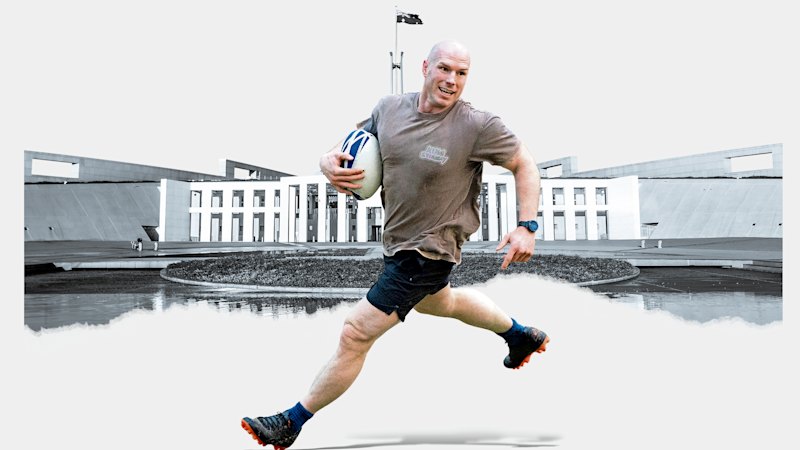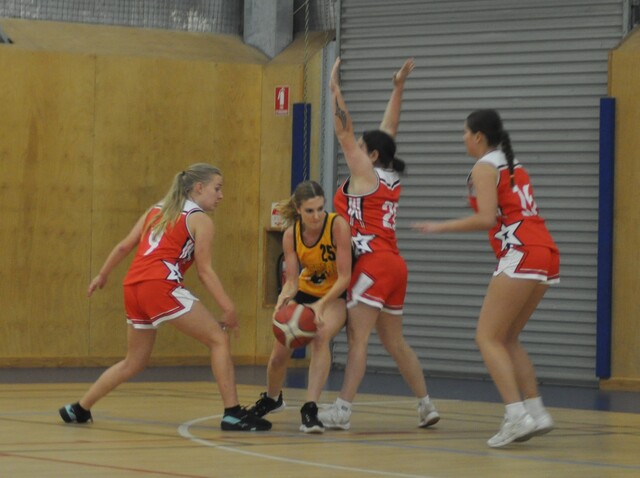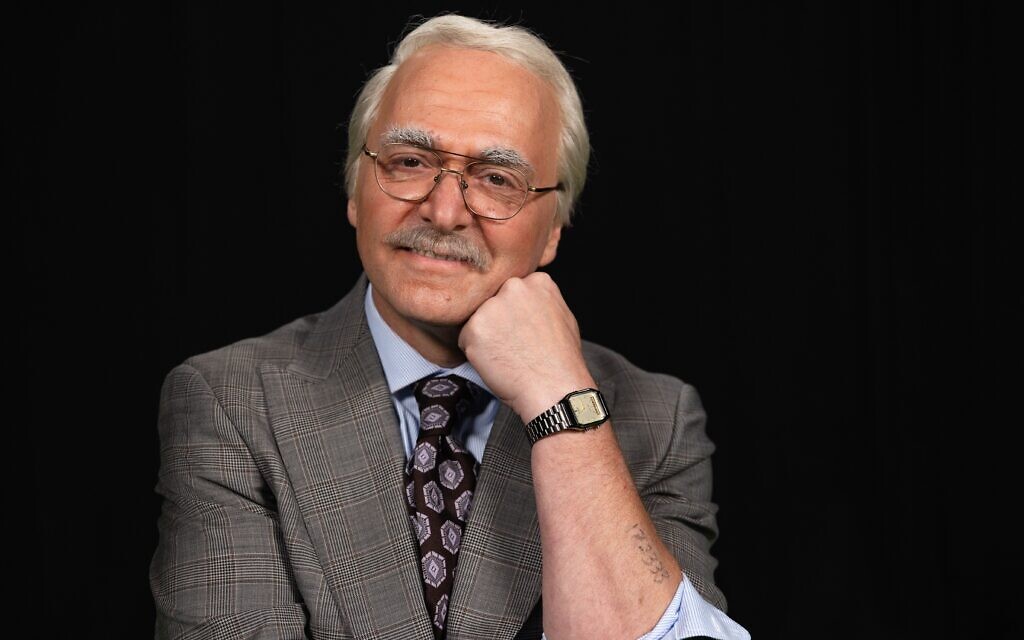
Independent senator David Pocock was expelled from the Australian Parliament Sports Club earlier this month, following his public questioning of the club’s corporate sponsorships, which include ties to fossil fuel companies and gambling organizations. The situation has ignited a debate among parliamentarians regarding the club’s governance and the appropriateness of its affiliations.
The Australian Parliament Sports Club has served as an informal social network for parliamentarians, their staff, and journalists since the early 2000s. With a membership of around 100, the club charges a modest fee of $275 for a three-year term, which covers uniforms and insurance. However, the recent controversy has raised questions about the club’s transparency and its connections to corporate sponsors.
Pocock’s concerns first emerged during a Senate estimates session on October 7, 2023, when he questioned why Prime Minister Anthony Albanese holds honorary patronage of the club, which includes sponsors like Responsible Wagering Australia and Spirits & Cocktails Australia. He raised issues about potential conflicts with the ministerial code of conduct due to the club’s corporate relationships.
Two days later, Pocock received a WhatsApp message from club chief Andy Turnbull, expelling him from the organization. Turnbull expressed his disappointment in Pocock’s remarks, suggesting they had undermined the club’s long-standing effort to foster a harmonious environment. Following this incident, the club’s website was taken down, and several independent MPs, including Allegra Spender and Monique Ryan, resigned in response to the fallout.
The tension between Pocock and Turnbull started earlier in the parliamentary term. Pocock initially agreed to speak at a club event but withdrew once he learned that Ampol, a petroleum company, was a sponsor. Turnbull later acknowledged he was not aware of Pocock’s stance on such corporate affiliations, stating he respected the senator’s decision to withdraw.
In September, the club was registered as a parliamentary lobbyist, a move Turnbull claimed was a continuation of previous practices. This registration raised alarms for Pocock, who began pressing for more information on the club’s sponsorship arrangements. Turnbull maintained that the club could not function without the financial backing of sponsors.
Following Pocock’s expulsion, Prime Minister Albanese addressed the situation at a press conference, downplaying the implications of his patronage. He stated, “The amount of time I have spent on the Australian Parliament Sports Club this year is zero.” Albanese’s comments coincided with growing unease among MPs regarding the club’s operation as a private entity within the parliamentary framework.
Many parliamentarians expressed surprise at the level of corporate sponsorship and claimed they were unaware of the club’s financial affiliations. Turnbull defended his communication efforts, asserting that he had provided ample information to members regarding sponsors. Yet, some MPs questioned the overall transparency of the club, indicating discomfort with the presence of lobbyists in a parliamentary setting.
As the controversy unfolds, Pocock has called for a thorough investigation into the club’s structure, governance, and sponsorship arrangements, seeking to clarify whether his expulsion warranted referral to the Privileges Committee. Turnbull has since indicated he would welcome Pocock back into the club if the senator is willing, but Pocock has made it clear that he will not return until lobbyists are excluded from membership.
The saga highlights the complexities of integrating social activities with the lobbying landscape in Australian politics, raising significant questions about the appropriateness of corporate sponsorships in parliamentary settings. Turnbull plans to hold a meeting for club members in the final sitting week of the year to address concerns about the club’s operations and future direction.






